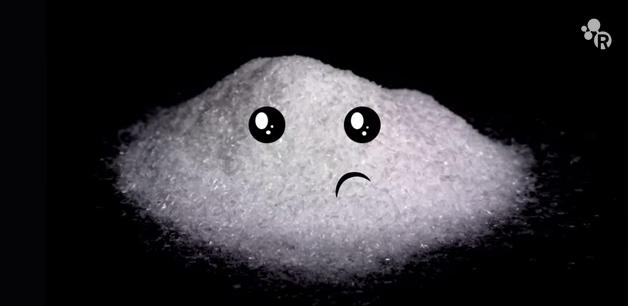If you think Miley Cyrus and Chris Brown have bad reputations, think again. They have nothing on the nearly 50-year-old bad reputation of MSG, otherwise known as monosodium glutamate. Interestingly enough, most people haven’t actually figured out why MSG has a bad rep.
Ask the average American about the substance and he or she will tell you that it’s bad for one’s health and should be avoided. But if you ask why, the conversation will probably be cut short. We’ve all heard the rumors of MSG being toxic, poisonous, cancerous, and may lead to fatigue and headaches, but where is the research behind it?
Turns out, this may have all been a myth.
There are multiple studies which actually point out that MSG is no more harmful to our health than plain salt. Sure, some people have adverse reactions to MSG and if it is not consumed in moderation, it will lead to discomfort (like most anything else), but as far as consumption is concerned, there’s not too much to worry about.
Reactions, a series which “uncovers the chemistry in everyday life,” recently did some research about MSG. The flavor enhancer was first discovered in 1908 by chemist Kikunae Ikeda. Turns out, the bad rumors began 60 years later when a scientist tried to pinpoint why he was experiencing discomfort after consuming Chinese food, naming his symptoms “Chinese restaurant syndrome.” Because of this, assumptions were made about MSG. Talk about jumping to conclusions.
Find out all the facts in the video below.
[wp_ad_camp_2]







